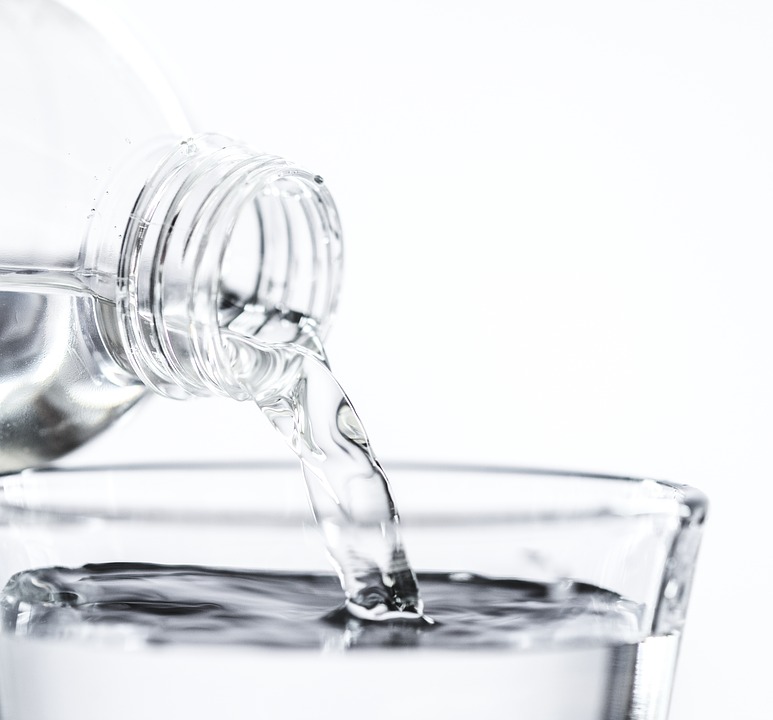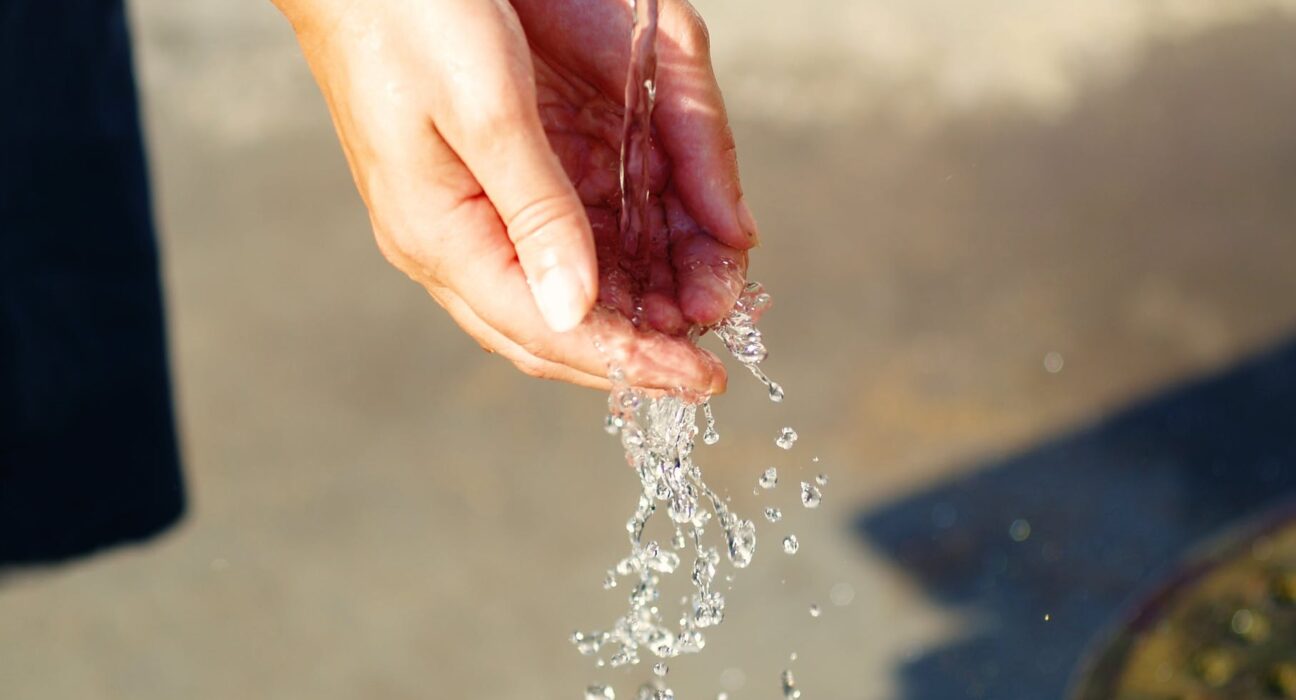Meta Description: Discover the importance of reducing water consumption and explore efficient processes that can help conserve this valuable resource.
Water is a precious resource, and conserving it is crucial for sustainable development. Inefficient processes can lead to unnecessary water waste, putting a strain on freshwater sources and the environment. In this blog post, we will delve into the importance of reducing water consumption and explore various efficient processes that can help conserve this valuable resource.
The Significance of Reducing Water Consumption

Reducing water consumption is essential for several reasons:
- Preserving Freshwater Sources: Freshwater is a limited resource, and excessive water consumption can deplete rivers, lakes, and underground aquifers. By reducing water usage, we can help preserve these vital sources of freshwater and maintain a healthy ecosystem.
- Mitigating Water Scarcity: Many regions around the world already face water scarcity issues. By reducing water consumption, we can alleviate the strain on water supplies and ensure equitable access to clean water for both present and future generations.
- Conserving Energy: Water and energy are closely linked. Many processes require significant amounts of energy to extract, treat, and distribute water. By reducing water consumption, we indirectly reduce energy consumption and contribute to overall energy efficiency.
- Protecting the Environment: Excessive water consumption can harm ecosystems and aquatic life. By reducing water usage, we can protect natural habitats, maintain biodiversity, and promote the ecological balance of rivers, lakes, and wetlands.
Efficient Processes for Water Conservation
Implementing efficient processes can significantly reduce water consumption. Here are some strategies to consider:
- Smart Irrigation Systems: Opt for smart irrigation systems that use sensors to monitor soil moisture levels and weather conditions. These systems deliver water directly to plants’ root zones, minimizing evaporation and runoff.
- Water-Efficient Appliances: Invest in water-efficient appliances such as low-flow toilets, faucets, and showerheads. These fixtures use less water without compromising functionality or performance.
- Greywater Recycling: Implement greywater recycling systems to reuse wastewater from sinks, showers, or laundry for non-potable purposes such as irrigation or toilet flushing. This reduces the demand for freshwater and minimizes wastewater generation.
- Industrial Process Optimization: Industries should optimize their processes to minimize water usage. This can involve implementing closed-loop systems, recycling and reusing process water, and using advanced technologies to reduce water waste.
- Rainwater Harvesting: Capture and store rainwater for various non-potable uses such as landscape irrigation or toilet flushing. Rainwater harvesting reduces reliance on freshwater sources and reduces the strain on stormwater infrastructure.
- Leak Detection and Repair: Regularly inspect plumbing systems and conduct leak detection surveys to identify and repair leaks promptly. Even small leaks can result in significant water waste over time.
- Water-Smart Landscaping: Choose drought-tolerant native plants for landscaping, install efficient irrigation systems, and use mulch to retain moisture in the soil. Water-smart landscaping reduces outdoor water consumption.
- Education and Awareness: Raise awareness among individuals and communities about the importance of water conservation. Encourage responsible water usage habits such as shorter showers, turning off taps when not in use, and fixing leaks promptly.
- Water-Efficient Car Wash Hose: Utilize water-efficient car wash hoses that use less water while maintaining effective cleaning performance. Some of these hoses feature automatic shut-off nozzles to prevent water wastage when not actively in use, and others boast a high-pressure design that maximizes cleaning power while minimizing water use.
Collaboration and Policy Support
Efforts to reduce water consumption require collaboration between individuals, businesses, communities, and policymakers. Here are some ways collaboration can be fostered:
- Government Policies: Governments can enact policies that promote water conservation, such as water pricing mechanisms, building codes that require water-efficient fixtures, and regulations for industrial water use.
- Public-Private Partnerships: Foster partnerships between public entities, private businesses, and non-profit organizations to develop and implement water conservation programs. These partnerships can leverage resources, expertise, and funding for maximum impact.
- Education and Outreach: Schools, community organizations, and government agencies can conduct educational campaigns to raise awareness about water conservation and provide practical tips for reducing water consumption.
- Water Management Technologies: Encourage research and development of innovative water management technologies that optimize water usage and minimize waste across various sectors.
Reducing water consumption is an urgent priority to ensure this precious resource’s sustainable and responsible use. By implementing efficient processes, such as smart irrigation systems, water-efficient appliances, greywater recycling, and rainwater harvesting, we can significantly reduce water waste and contribute to a more sustainable future.
Collaboration among individuals, businesses, and policymakers is crucial to driving the widespread adoption of water conservation practices. Together, we can protect freshwater sources, mitigate water scarcity, conserve energy, and preserve the environment for future generations.






